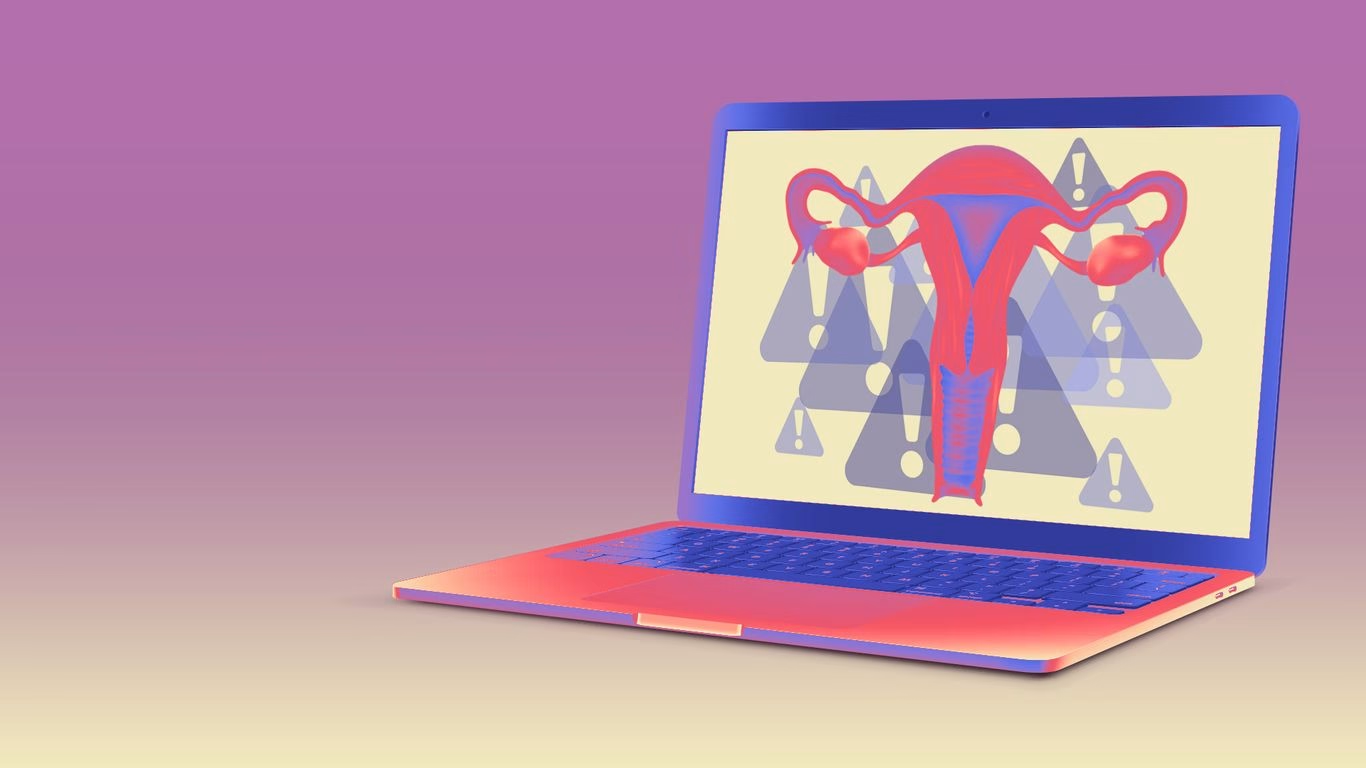Menopause Truths: Separating Fact from Fiction, Expert-Approved
The Gap in Menopause Education
Many doctors have been taught outdated information about menopause treatments — or haven’t been taught about them at all — leaving countless women without the help they need from trusted sources. This lack of knowledge can significantly impact a woman’s quality of life during this natural phase of her health.
A recent survey by the Black Women’s Health Imperative highlighted this issue, showing that 52% of Black women say they don’t know which menopause recommendations to follow. This survey involved over 2,200 women nationwide and underscores the importance of accurate and accessible information.
Why It Matters
As people increasingly turn to social media feeds or alternative methods for help, it’s crucial to understand that not all information found online is reliable. While some content may be useful, there is also a significant amount of misinformation that can be harmful.
Jennifer Gunter, an OB-GYN and best-selling author, has been vocal about the issue of menopause misinformation for years. She recently shared insights on navigating menopause messaging with Axios, offering practical advice for those seeking accurate health information.
What She’s Saying
Gunter emphasizes that people often spend more time picking out their car than sorting through health information online. She advises against starting your search on social media, as algorithms are not designed to prioritize your health. Instead, she suggests looking for reputable sources such as The Menopause Society and the Australasian Menopause Society. These organizations, made up of healthcare professionals specializing in women’s midlife health, offer evidence-based resources.
Evaluating Messages
When evaluating messages you see or hear, it’s important to approach them with skepticism. Ask yourself if the person sharing the information is also asking you to buy something. Is the message trying to frighten you? Are they suggesting their product is the only solution to your problems? These are key questions to consider when assessing the credibility of health information.
The Bottom Line
Finding accurate health information takes effort, but it’s worth it. Your health is valuable, and taking the time to seek out reliable sources can make a significant difference in your well-being.
Bonus Vocab Lesson
Bio-identical estrogen is the same as estrogen. The term “bioidentical” is essentially meaningless, as Gunter recently pointed out at the Menopause Society’s annual meeting. It’s like saying “a two-wheel bicycle” instead of just “bicycle.”
Plant-based hormones is a marketing term for semi-synthesis. Almost all hormones are made from soybeans and yams through complicated biochemistry, not a simple process.
“We have to stop demonizing hormones based on categories, because we’re doing people a disservice,” Gunter says.
Compound pharmacy hormones (often creams and pellets) don’t undergo the same checks as FDA-approved hormones. Doses can vary wildly, and they’re not proven to be safe or effective, she warns.
- 100 Soal & Kunci Jawaban Bahasa Inggris Kelas 3 SD Semester 1 (Kurikulum Merdeka 2025) - December 16, 2025
- These researchers say they have serious questions about UFOs, aliens - December 16, 2025
- Ketentuan Tersembunyi dalam RUU Pendanaan Dem Mengundang Kemarahan atas ‘Perawatan Kesehatan Gratis’ Bagi Imigran: LAPORAN - December 16, 2025




Leave a Reply